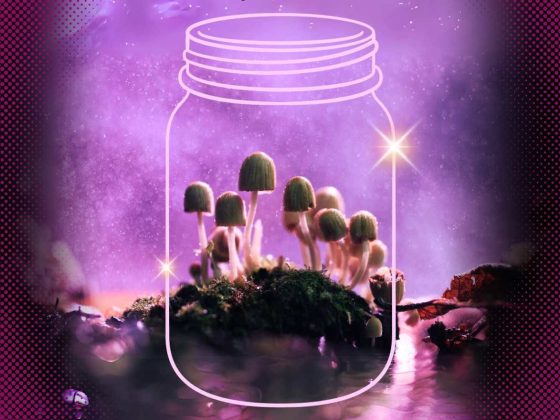Did you know that in 2021, the median pay of pharmacists in the United States was a staggering $128,570? That’s higher than nurse practitioners’ ($123,780) and even optometrists’ ($124,300)!
Either way, those figures show how in-demand professionals in the pharmacy industry are. However, pharmacists aren’t the only ones who deal with medications; so do pharmacologists.
So, what exactly are pharmacology and pharmacy, and how do they differ? Who should you talk to if you need help with prescriptions?
This guide on pharmacology vs. pharmacy answers all those questions, so read on.
What Is Pharmacology?
Pharmacology refers to the study of drug action and how it functions in the human body. It focuses on how specific substances can help combat disease. Pharmacologists, in turn, are people who specialize in pharmacology.
Pharmacologists (and what they do) are critical to developing new drugs. For example, they study the safety and efficacy of medications still under development. They also research and test chemicals for drug interactions and side effects.
Pharmacologists in many countries, such as the U.S. and Canada, may hold a Doctor of Pharmacy (Pharm.D.) degree. Alternatively, they may have a Doctor of Philosophy (Ph.D.) degree in Pharmacology. Many even have both or a Doctor of Medicine (M.D.) degree.
Where Do Pharmacologists Work?
Many pharmacologists work in pharmaceutical manufacturing companies. They may also work in laboratories, such as research facilities. Others are in the education field, teaching aspiring pharmacologists and pharmacists.
In other words, it’s unlikely that you’ll meet a pharmacologist if you need to buy medications.
What Then Is Pharmacy?
Pharmacy is the art and science of preparing, collecting, standardizing, and dispensing drugs. Therefore, this branch of medicine deals with existing medications. However, like pharmacology, it’s crucial to disease prevention and treatment.
Like some pharmacologists, North American pharmacists must also hold a Pharm.D. degree. Moreover, according to Onlinecanadianpharmacy.com, only licensed pharmacists can dispense prescription medications.
So to become a licensed pharmacist in the U.S. or Canada, one must complete a Pharm.D. degree. After that, aspiring pharmacists must apply for a pharmacist license. Licensure involves passing the North American Pharmacist Licensure Exam (NAPLEX).
When Do You Need a Pharmacist?
If you’re one of the 131 million folks in the U.S. who need prescriptions, you need to talk to a pharmacist. These licensed healthcare experts are the ones who can fill your prescriptions. They can even give you advice about them, such as which alternatives you can take.
Moreover, licensed pharmacists can help you save money if you ask about generics. After all, they can dispense generic drugs that can be 30% to 95% cheaper than brand-name ones.
That’s How Pharmacology vs. Pharmacy Differ
There you have it, the brief but concise overview of pharmacology vs. pharmacy. Now you know that the former is the study of how drugs work. By contrast, pharmacy is the study of drug preparation and dispensing.
Either way, both branches of medicine are crucial to keeping people disease-free.
Would you like to read other health-related guides like this? If so, we have more to share with you, so feel free to browse our latest blog posts now!












